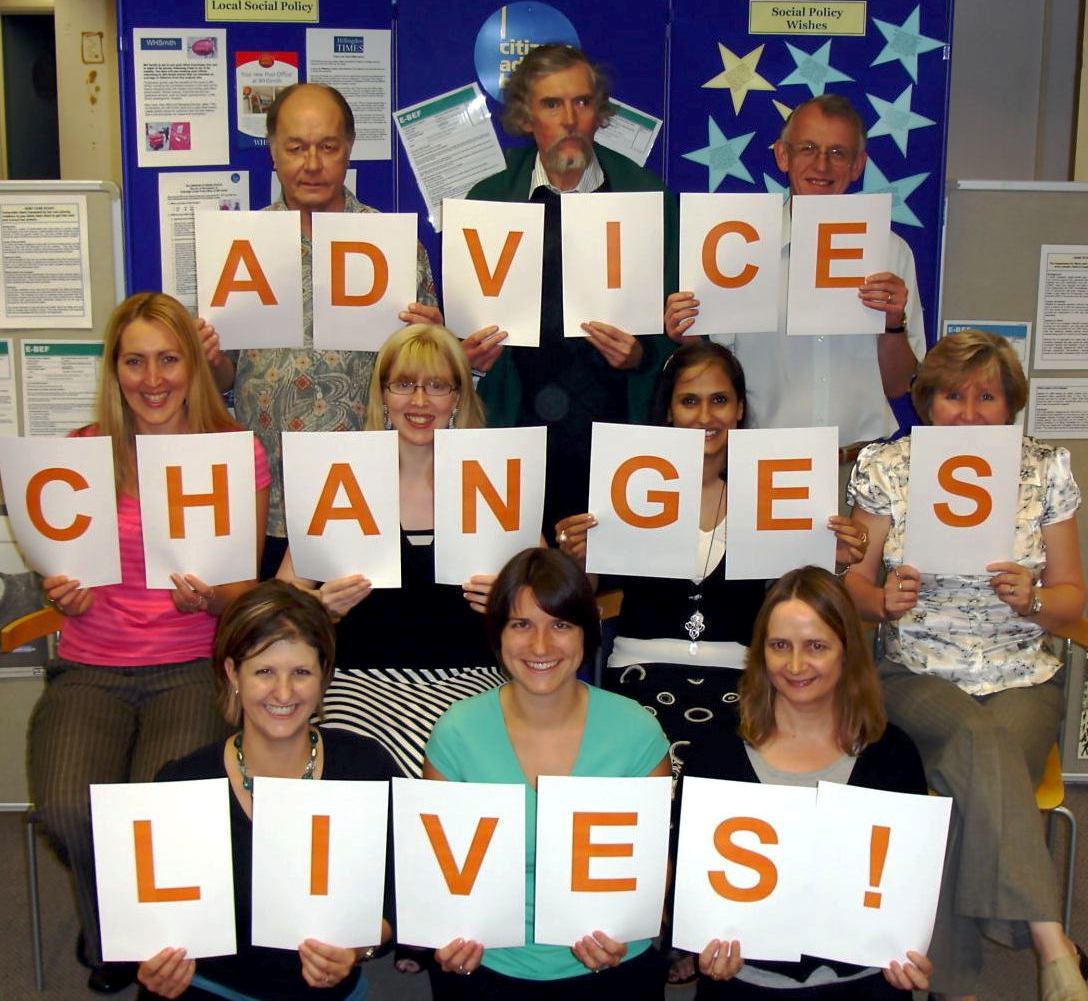
By Jackie B-F and Kairol Rosenthal
As a patient, you have the right to access your own medical records for a “reasonable” fee, according to federal HIPAA laws. Most doctors’ offices and hospitals charge copying fees, which range widely in price, and add up if you have a thick chart. Here are a few ways to get your records for free or at reduced cost:
1. Make friends with the office staff. Receptionists and nurses deserve to be treated well for all the work they do for us and will often reciprocate our kindness. Some may copy your records for free. Be sure to say “thank you!”
2. Ask for your records a little at a time. Did your doc just read your lab report over the phone? Ask them to drop a copy in the mail. Did they explain your pathology report during your appointment? Ask for a copy for your personal files. Staff may be more inclined to print for free three pages here and there rather than 200 all at once. And, if their office outsources medical records copying, they might rather make a three-page report using their own copier than process with their outside vendor the paperwork for such a small order. Also, doctors and hospitals often don’t charge a fee to send your information directly to another doctor or institution. If doctor ‘A’ sends a part of your medical file to doctor ‘B’, be sure to ask doctor ‘B’ for a copy of it at your next appointment.
3. Sign up for online charting. Some medical institutions are beginning to offer password protected online systems that allow patients to view test results and communicate with their doctors. Ask your oncologist, or other doc, if they have such a system and if so, sign up for it and continually request that lab results and notes be posted there. Print from this system new records as they are posted and include them in your personal hardcopy files.
4. Get help from a social worker or patient advocate. These people know the ins and outs of the hospital. Ask about financial assistance for medical records copying or see if they have the ability to waive your fees. Remind them that you are a young adult cancer patient and describe the financial burdens your care imposes.
5. Offer to pay a reduced amount. As with asking for a reduction in the cost of your medical bill, care providers are more inclined to say ‘yes’ if you make a good will offer to pay some amount, even if it is only a fraction of the charge.
6. Understand the law. Many states set legal limits on medical copying fees. Google the name of your state and “medical records copying fees” to see if your state has such laws. Be sure the information you retrieve is from an official state government website. If you are being charged beyond what the law allows, politely explain this to your doc or hospital, and show them a print out of the law. If needed, raise the issue with an administrator higher in the chain of command. Calmly threatening to call your State Attorney General’s office is a last resort that often yields action.
How much have you been charged for medical records? Have you found ways to work around the costs?
![]()
![]()


 “Everything Changes is, without doubt, the most forthright, emotionally sophisticated, and plain-old valuable book of its kind I've seen.”
“Everything Changes is, without doubt, the most forthright, emotionally sophisticated, and plain-old valuable book of its kind I've seen.”












